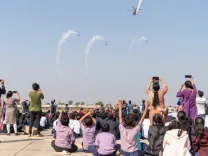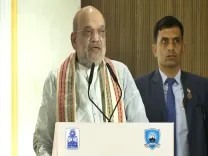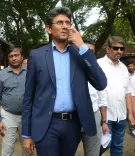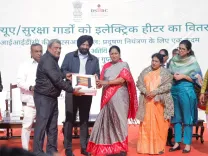What Will UN Assistant Secretary-General for Asia Discuss About India and Pakistan?
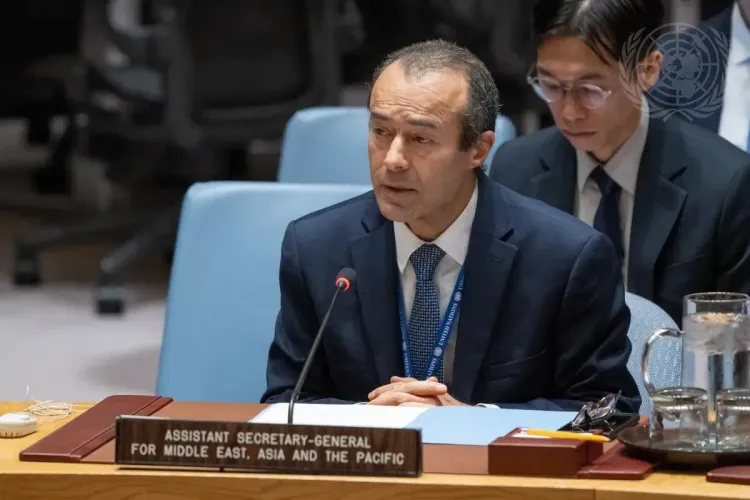
Synopsis
Key Takeaways
- UN Assistant Secretary-General to address Security Council about India-Pakistan tensions.
- Closed session requested by Pakistan amid regional unrest.
- India likely to be excluded from the discussions.
- Pakistan's Foreign Ministry aims to inform UNSC of developments in South Asia.
- Rising tensions pose a threat to regional and international peace.
United Nations, May 5 (NationPress) UN Assistant Secretary-General Mohamed Khaled Khiari is set to address the Security Council during a closed session on Monday regarding the escalating tensions between India and Pakistan that have arisen following the terrorist attack in Pahalgam, as reported by the Council president’s office.
Khiari, hailing from Tunisia, oversees the Middle East and Asia-Pacific within the UN’s Departments of Political and Peacebuilding Affairs and Peace Operations.
The Council President, Evangelos Sekeris, is organizing these private discussions at the behest of Pakistan’s Permanent Representative Asim Iftikhar Ahmad.
Since Pakistan, a current member of the Council, requested these closed discussions, it is anticipated that India will be excluded from them, as non-member nations are prohibited from attending such sessions, often termed as “consultations of the whole”.
In a post on X, Pakistan’s Foreign Ministry stated that it intends to “formally inform the UNSC about the recent developments in South Asia.”
The meetings will occur informally in a side room, rather than in the main Council chamber, and no records of these discussions will be made public.
The session is scheduled for 3 p.m. in New York (12:30 a.m. Tuesday in India).
Pakistan’s UN mission indicated that Ahmad will address the media outside the Council after the session.
The request for these consultations stems from “the deteriorating regional environment and escalating tensions between India and Pakistan, especially concerning the situation in Jammu and Kashmir.”
The situation has been described as a “threat to both regional and international peace and security” by Pakistan.
Ahmad noted on Friday that Pakistan was contemplating a Council meeting due to the imminent “kinetic action” from India.
The Resistance Front, linked to the Lashkar-e-Taiba from Pakistan, claimed responsibility for the brutal attack that resulted in 26 fatalities in Pahalgam.
In response to the incident, Prime Minister Narendra Modi vowed: “We will identify, trace, and punish every terrorist and their supporters. We will pursue them to the ends of the Earth.”
UN Secretary-General Antonio Guterres spoke with External Affairs Minister S Jaishankar and Pakistan Prime Minister Muhammad Shebaz Sharif last Tuesday, expressing “deep concern” over the escalating tensions.
He also voiced “strong condemnation” of the terrorist act, emphasizing the necessity for “justice and accountability for these attacks through lawful means,” according to his spokesperson Stephane Dujarric.
Pakistan is actively pursuing a diplomatic strategy at the UN, with Ahmad meeting Guterres, General Assembly President Philomen Yang, and representatives from the Organisation of Islamic Cooperation, among others, to assert its claims of innocence and advocate for de-escalation.






